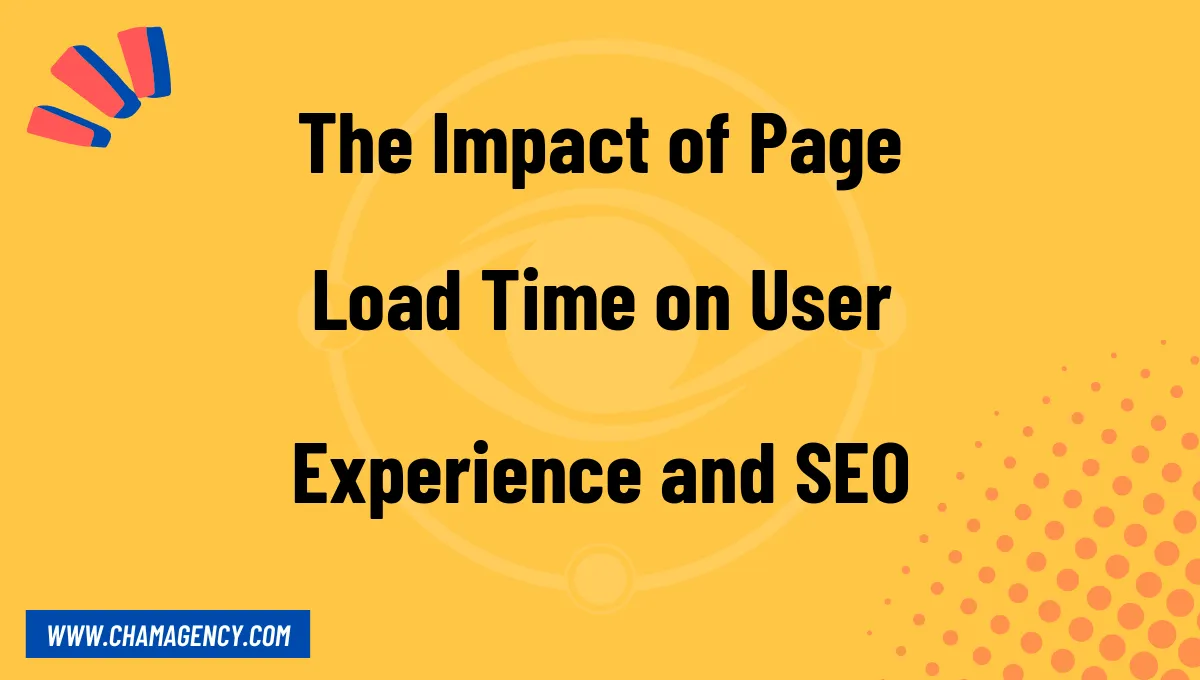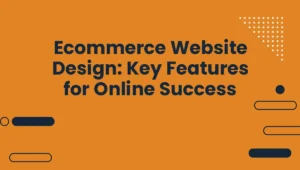Introduction
In today’s fast-paced digital world, page load time has become a critical factor for website owners and developers. Both user experience and search engine optimization (SEO) can be greatly influenced by how quickly a web page loads. This article explores the impact of page load time on these two important aspects of a website’s performance and provides insights into why it matters and how it can be improved.
Understanding User Experience
User experience, often abbreviated as UX, refers to the overall experience a user has when interacting with a website or application. It encompasses various factors such as design, content, and performance. When it comes to page load time, UX plays a crucial role. Research has shown that users have little patience for slow-loading websites; they expect instant access to the information they are seeking. Slow-loading pages can lead to frustration, increased bounce rates, and ultimately, a negative perception of the website and brand.
Furthermore, slow page load times can impact other aspects of user experience, such as the ability to navigate seamlessly between pages, complete transactions, or interact with different elements on the site. A smooth and efficient user experience is essential for retaining visitors, encouraging them to stay longer, and converting them into customers or loyal users.
The SEO Perspective
From an SEO standpoint, page load time is equally significant. Search engines, like Google, consider website speed as a ranking factor. Faster-loading pages are more likely to rank higher in search engine results pages (SERPs) compared to their slower counterparts. This is because search engines prioritize delivering the best possible experience to their users, and slow-loading pages can negatively impact user satisfaction.
Additionally, website speed affects other important SEO metrics, such as crawlability and indexability. Search engine bots need to crawl and process web pages efficiently to index them accurately. If page load time is slow, it can hinder the crawling process and prevent some pages from being indexed altogether. This can have a detrimental effect on organic search visibility, reducing the chances of driving valuable organic traffic to the website.
Improving Page Load Time
Now that we understand the importance of page load time for both user experience and SEO, let’s explore some strategies to improve it. One effective approach is optimizing image sizes by compressing them without compromising quality. Images often contribute to the largest portion of a web page’s file size, and reducing their size can significantly enhance load time.
Another technique is minimizing the use of external scripts and plugins. Each script or plugin added to a web page increases the number of requests the browser needs to make, thus slowing down page load time. By carefully evaluating and selectively choosing which scripts and plugins are necessary, you can improve overall performance.
Caching is another powerful technique that can expedite page load time. With caching, a static version of the website is stored temporarily, reducing the need for retrieving data from the server with each visit. This results in faster load times for returning visitors.
Conclusion
In conclusion, page load time has a significant impact on both user experience and SEO. Slow-loading pages can lead to poor user satisfaction, high bounce rates, and lost revenue opportunities, while also negatively affecting organic search visibility. By optimizing image sizes, reducing the use of external scripts and plugins, and implementing caching strategies, website owners can greatly improve page load time, resulting in a better user experience and enhanced SEO performance.








